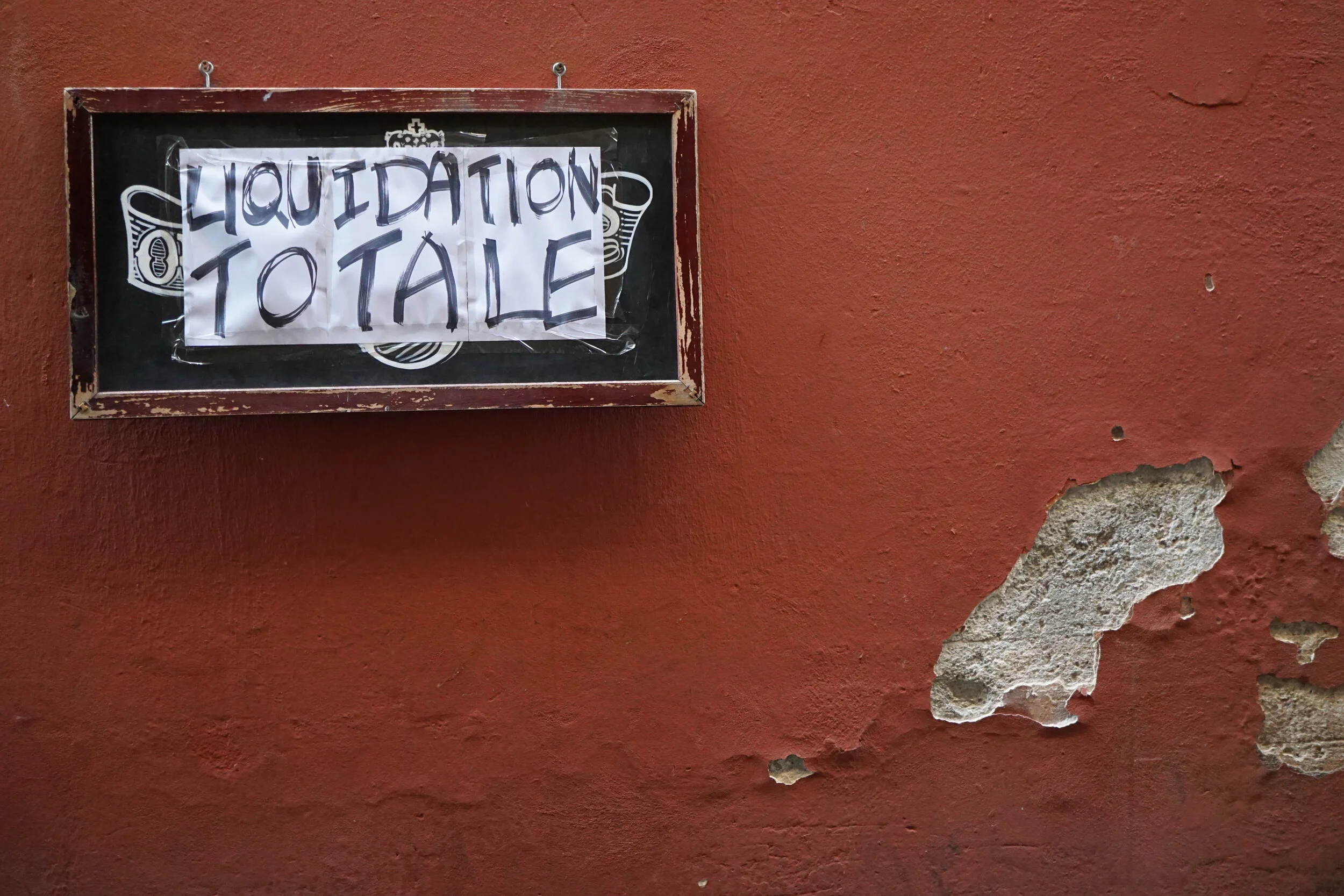What is the Difference between a "Dismissed Bankruptcy" and a "Discharged Bankruptcy"
Types of bankruptcy
There's a lot of confusion when it comes to discussing a dismissed bankruptcy and a discharged bankruptcy. Both have different meanings, and a dismissed bankruptcy does not mean your debts have been wiped away.
Dismissed Bankruptcy Meaning
A dismissed bankruptcy occurs when the BK terms have not been met, fraud has been discovered, or the bankruptcy court determines the filing is not appropriate. When you file for bankruptcy, you aim to have the debts that are included wiped away. Meaning you are no longer responsible for paying them back.
Bankruptcy dismissal can take place for a variety of reasons. Still, typically, it's because the debtor failed to complete the bankruptcy terms, including the required debtor education courses. A chapter 7 bankruptcy dismissal is usually because of this or because fraud was discovered. Typically a chapter 13 bankruptcy dismissal is caused because the debtor did not qualify or meet the terms set forth for payback of his debts.
The bankruptcy trustee is who you need to please when you file. The trustee will require certain items of proof from you before processing the bankruptcy. Those items can be paystubs, assets on hand, the latest statements from your creditors, and so on. The trustee can dismiss your bankruptcy if you fail to provide what is needed. You will have to file all over again.
When bankruptcy is dismissed, the automatic stay stops. This means you are no longer protected from collection activity, and your creditors can go after you for payments. Your mortgage, car, or any other secured loans could be seized.
A dismissed bankruptcy will be reported to your credit reports in most situations. This happens when the court processes the dismissal and notifies the credit reporting agencies. You can dispute it with the credit bureaus, which could be removed if the court fails to reply to the investigation.
To avoid having your bankruptcy dismissed, follow the rules the trustee and your attorney set forth. Have your bank statements, pay stubs, debtor education certificates, and assets. Do not miss any ordered court hearings for your bankruptcy; this could also result in a dismissal.
Discharged Bankruptcy Meaning
A discharged bankruptcy means that all your included debts have been successfully wiped away. This is the optimal outcome when you file bankruptcy. A discharge order will be provided to the debtor and the creditors, advising that the BK court has approved your bankruptcy.
Once a bankruptcy is filed, you'll be awarded the automatic stay. This is protection from your creditors while the bankruptcy process continues. This can go on for 4-6 months as that is the typical time it takes to discharge a bankruptcy.
A discharged bankruptcy will affect your credit. There is no way around this. Once the BK is dismissed, your creditors will need to update your credit reports to reflect the balances to zero and the status as "included in BK"
Any attempt to continue reporting a balance could be seen as a violation of the automatic stay because it can be viewed as an attempt to collect the debt. It's your creditor holding you hostage by continuing to make it appear as though you owe money when in fact, you don't. You can dispute these with the credit bureaus simply by writing a dispute letter and providing a copy of your bankruptcy papers. The debt will be listed if it is included.
What are the requirements to be eligible for a "Dismissed Bankruptcy"?
A person is eligible to be discharged from bankruptcy if they have met the following requirements:
1. They have completed the terms of their bankruptcy plan and are current on all payments owed to creditors
2. They have filed all required tax returns, or if they are not required to file taxes, they have met their tax obligations for three years
3. They have paid all child support payments due within one year of filing for bankruptcy protection
What are the requirements to be eligible for a "Discharged Bankruptcy"?
Bankruptcy is a legal procedure in which a person or company declares that they cannot repay their debts. A bankruptcy discharge releases the person or company from any remaining debt, but it is not an acquittal.
In order to be eligible for a "Discharged Bankruptcy", the following requirements need to be met:
- The debtor must have filed for bankruptcy no more than eight years ago.
- The debtor needs to have paid all of their taxes and child support, as well as any money owed under court order.
- The debtor cannot owe more than $100,000 in non-dischargeable debts (e.g. back taxes, unpaid child support).
What are the consequences of having a "Dismissed Bankruptcy" versus having a "Discharged Bankruptcy" on my credit
A "Dismissed Bankruptcy" is when a bankruptcy case has been dismissed, and the discharge of debts is not granted.
A "Discharged Bankruptcy," on the other hand, is when a bankruptcy case has been dismissed and the discharge of debts has been granted.
The consequences of having a "Dismissed Bankruptcy" versus a "Discharged Bankruptcy" on your credit depending on the type of bankruptcy you filed for.
If you filed for Chapter 7, having a dismissed bankruptcy will have more negative consequences than if you filed for Chapter 13. In Chapter 7, your debts are discharged, and you are no longer liable to pay them back, but in Chapter 13, your debts are not discharged, so it's important to make payments.
What is the difference between Chapter 7 and Chapter 13?
Chapter 7 bankruptcy is a liquidation of assets where the filer is able to keep his or her property. Chapter 13 bankruptcy is a repayment plan that would allow the filer to pay back their debts in full.



